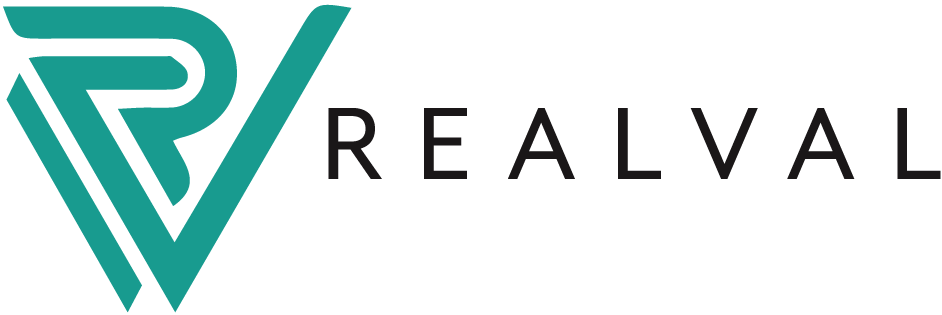Property management is essential to increasing the value and potential of real estate assets. Whether it's a single-family house, a business structure, or a multi-unit complex, managing a property takes time, effort, and knowledge. One critical decision that property owners must make and often struggle with is whether to self-manage their properties or outsource management to a professional property management firm. This essay will look at the benefits and drawbacks of self-management and outsourcing in order to assist property owners make an informed decision.
SELF MANAGEMENT:
Taking the control of the reins! Self-management is the practice of property owners controlling all elements of property management directly, from finding renters and collecting rent to handling upkeep and dealing with tenant complaints. Let's take a deeper look at some of the advantages and disadvantages of self-management.
The advantages:
1. Cost Savings: You save money by managing your property yourself instead of employing a property management firm. This is especially useful for property owners on a tight budget or those looking to maximize their rental income. You can avoid paying management fees to a third-party organization by self-managing your property.
2. Hands-on approach: Property owners with self-management have complete control over their investments. They may handle tenant screening, rent collecting, maintenance, and other day-to-day responsibilities on their own, giving them a more hands-on approach to property management. You have total control over decision-making processes when you self-manage. You have the ability to select renters, determine rental prices, and make property-related choices without the involvement of a third party.
3. Direct Relationship: Self-management allows you to establish direct contact with your renters. This hands-on approach can result in improved communication and a deeper sense of trust between landlord and renters.
4. In-depth property knowledge: As the owner, you are intimately familiar with your property and its distinct features. Self-management enables you to use this insight to respond quickly to tenant demands, make required modifications, and make educated decisions.
The disadvantages:
1. Time and Effort: Managing a home takes a great amount of time and work, especially if you own many homes or work full-time. The obligations may be arduous, especially if you own numerous homes or work full-time. They range from advertising vacancies and screening renters to addressing maintenance requests, administrative work, crises, tenant problems and settling conflicts.
2. Expertise: Property management necessitates a diverse set of talents, including legal understanding, marketing savvy, and maintenance know-how. Unless you have prior knowledge in all of these areas, you may face a high learning curve. Property owners should examine their talents and be prepared to address knowledge gaps if necessary, or they may face possible problems.
3. Limited availability: As a self-manager, you must be ready 24 hours a day, seven days a week to resolve emergencies and tenant complaints. This continual availability might be difficult, particularly if you have other personal or professional responsibilities.
OUTSOURCING
Letting the experts take the control! Hiring a professional property management company to handle your property's day-to-day operations is what outsourcing property management entails. Let's look at the advantages and disadvantages of this technique.
The advantages:
1. Expertise & Experience: Property management firms offer the skills and experience to efficiently handle various areas of property management. They are knowledgeable about local rules and regulations, as well as tenant screening, rent collecting, and property upkeep. Property owners can benefit from this expertise without having to obtain it themselves through outsourcing.
2. Time: You may free up your time by assigning property management responsibilities to a professional. This is especially useful if you have many homes or a hectic schedule. This gives owners more time to focus on other investments or personal responsibilities.
3. Market Insights: Property management firms have a thorough awareness of the local market. They may supply information on rental rates, property marketing techniques, and market trends, allowing owners to make more educated decisions and maximize their profits.
4. Resources: Property management firms offer access to a network of reliable contractors, vendors, and maintenance workers. This can guarantee that repairs and maintenance are completed on time and at a reasonable cost.
The shortcomings:
1. Cost: Hiring a property management company is not a cheap affair. For their services, most property management businesses charge a portion of the monthly rent or a fixed fee. This expense must be accounted for in your budget and rental income projections.
2. Giving away control: You give up some influence over decision-making when you outsource property management. Before making decisions about your property, you may need to contact with the management firm. While this might save time and expertise, some owners may experience a loss of influence over decision-making and property management.
3. What if the engagement isn’t the right one? : It is critical to select a dependable and impeccable property management firm. Thorough investigation and due diligence are required to guarantee the organization has a solid track record of managing properties comparable to yours.
WHICH OF THE TWO TO PICK?
Now that we have walked through both the approaches in detail, you might be confused on how to decide which one is better suited to you!
Determining whether to self-manage or outsource needs careful analysis of your specific circumstances and aspirations as a property owner. The number of properties you own, your experience and skills, availability, and financial resources are all important considerations when selecting the best option.
Self-management may be a feasible alternative if you have enough time, the requisite skills, and prefer the hands-on element of property management. Outsourcing to a reliable property management business, on the other hand, can give peace of mind and professional help if you have limited time, lack experience, or prefer to outsource tasks.
Eventually, there is no one-size-fits-all response to the question of whether self-management or outsourcing is preferable. Assess your priorities, assess the benefits and drawbacks, and make an informed decision that is in line with your individual property owner requirements and aspirations.
Trending





